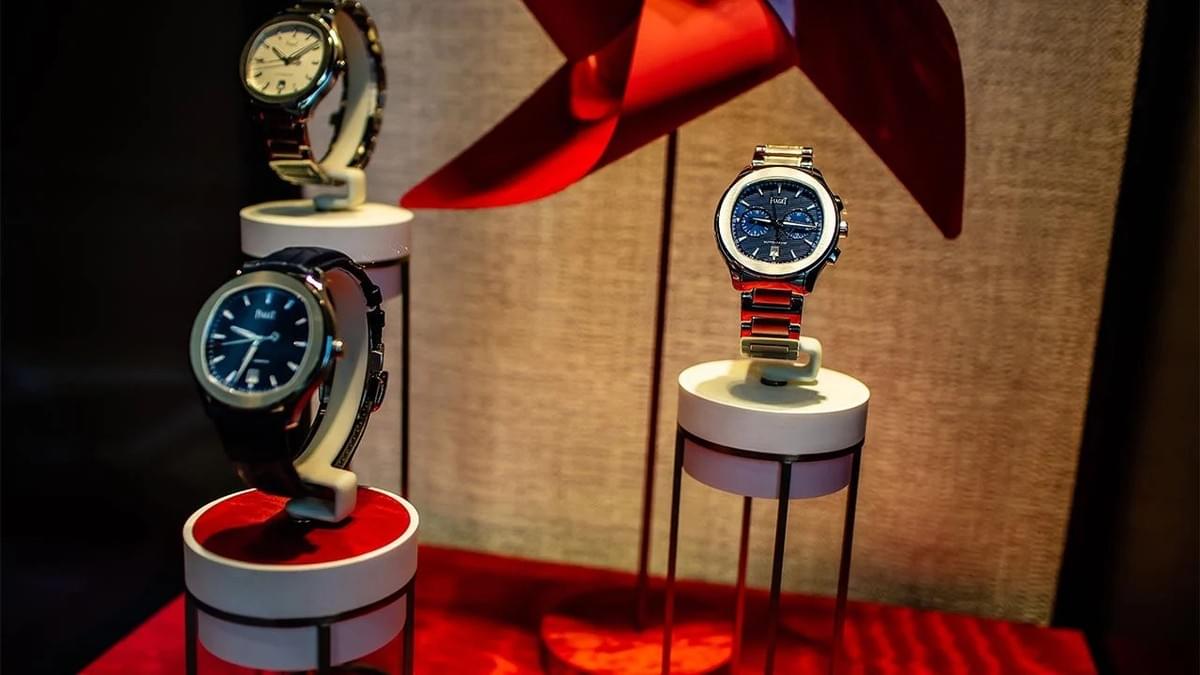
Exports Dive Across All Price Segments
Swiss watch exports tumbled 17% YoY in August to CHF 1.64 billion ($2.08 billion), with steep declines in major markets—US (-24%), China (-36%), UK (-21%), Japan (-23%), and Singapore (-14%)—according to the Federation of the Swiss Watch Industry. Even low-cost watches (below CHF 200) weren’t spared, sliding 17%. Mid-priced (CHF 200–CHF 3,000) and high-end pieces dropped similarly.
Is Luxury Losing Luster—or Just Changing Shape?
These numbers aren’t just bad luck—they may hint at a shifting consumer mindset. As economic uncertainty, tariff fears, and DIY vs resale trends grow, many buyers are rethinking what “luxury” means. In the realm of ethical jewelry and sustainable gemstones, lab-grown alternatives, recyclable materials, or pieces with clear traceability are gaining ground. The drop in Swiss watch exports may be an opening for brands that emphasize ethics and sustainability over legacy status.
Price Tier Woes vs Value-Driven Purchasing
Watchmakers in lower price ranges saw almost universal decline—indicating that even “affordable luxury” is under pressure. With disposable income squeezed, consumers are favoring value propositions: brands that offer lab-grown diamonds, sustainable gemstones, or transparent sourcing over heritage branding alone. Could this crisis push luxury toward more ethical jewelry norms?
Brand Storytelling & Ethical Expectations Rising
For decades, Swiss watches stood on prestige, mechanical pedigree, and luxury allure. But today, consumers—especially younger demographics—also expect environmental responsibility, ethical materials, and honesty about origin. Even if watches aren’t jewelry per se, the ripple effects for expectations are clear. Jewelry brands that already integrate lab-grown diamonds or sustainable gemstones may be better positioned; those that rely purely on tradition may face shrinking relevance.
